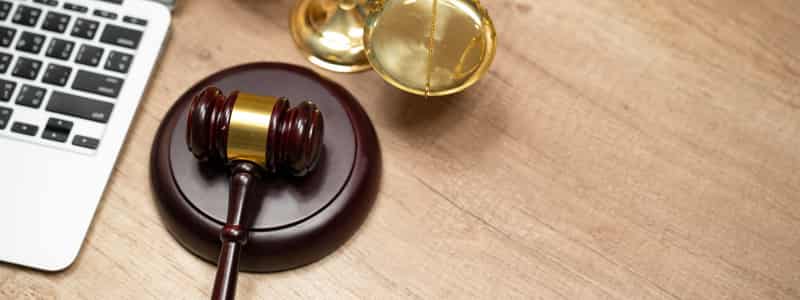Sydney-based lawyer specialising in M&A and capital markets. Formerly Legal Intern at Lawpath.
If you have been attempting to recover debt from some who then becomes bankrupt, your rights against them may change. This article will explore what happens in this scenario and what you can do to recover the debt owed to you. The things you can do to recover a debt from somebody who becomes bankrupt will depend on a number of things. For example, what type of debt it is and whether you are a secured or unsecured creditor. For more information, visit the Australian Financial Security Authority website.
Bankruptcy and debts
Generally, once an individual declares bankruptcy, control of their assets passes onto the trustee who will sell them in order to repay debts to creditors. Read this article for more information.
Bankruptcy only covers certain debts which you may not be able to recover by demanding payment as the creditor. For example:
- Credit cards
- Personal loans
- Employee wages
However, you may still be able to receive payments for these debts (if available) from the trustee of the bankrupt person. The trustee will notify you if so. Accordingly, it is important to contact the trustee to ensure that they are aware of your debt. You might need to prove your debt by lodging a proof of debt form. Once the bankruptcy ends, the person is released from paying most of these debts.
On the other hand, some debts are not covered by bankruptcy. Meaning, you may still be able to demand payment. This includes:
- Fines
- Penalties
- HECS-HELP loans
- Other debts incurred after the start of bankruptcy
However, you will not be able to receive payments from the trustee for these debts.
Secured vs unsecured creditor
Secured creditor
A secured creditor holds a security interest in the borrower’s assets, such as a house or car. This occurs when a debt is secured by a particular asset.
If you are a secured creditor, your rights remain unaffected by bankruptcy. This means, you still have the right to demand payment to recover the debt and may sell the secured assets to cover the debt. Note however, if it does not cover the entire debt, the outstanding amount becomes ‘unsecured’ and is covered in the bankruptcy.
Secured creditors also have priority over unsecured creditors when it comes to payments from the trustee.
Unsecured creditor
An unsecured creditor has no security interest in the borrower’s assets. Unsecured creditors are paid after secured creditors if there are excess funds left over. If the excess funds are not enough to pay all unsecured creditors, they may only receive part of the debt. Unfortunately, if there are no excess funds available, unsecured creditors may instead receive nothing. For more information about bankruptcy and unsecured debts, click here.
Conclusion
Ultimately, there is no guarantee that you will be paid. The steps you can take to recover a debt from somebody who becomes bankrupt differs between what type of debt it is, and whether you are a secured or unsecured creditor.
This guide is intended to be general in nature. If you need further information or advice, it might be worth contacting a debt collection lawyer today.






